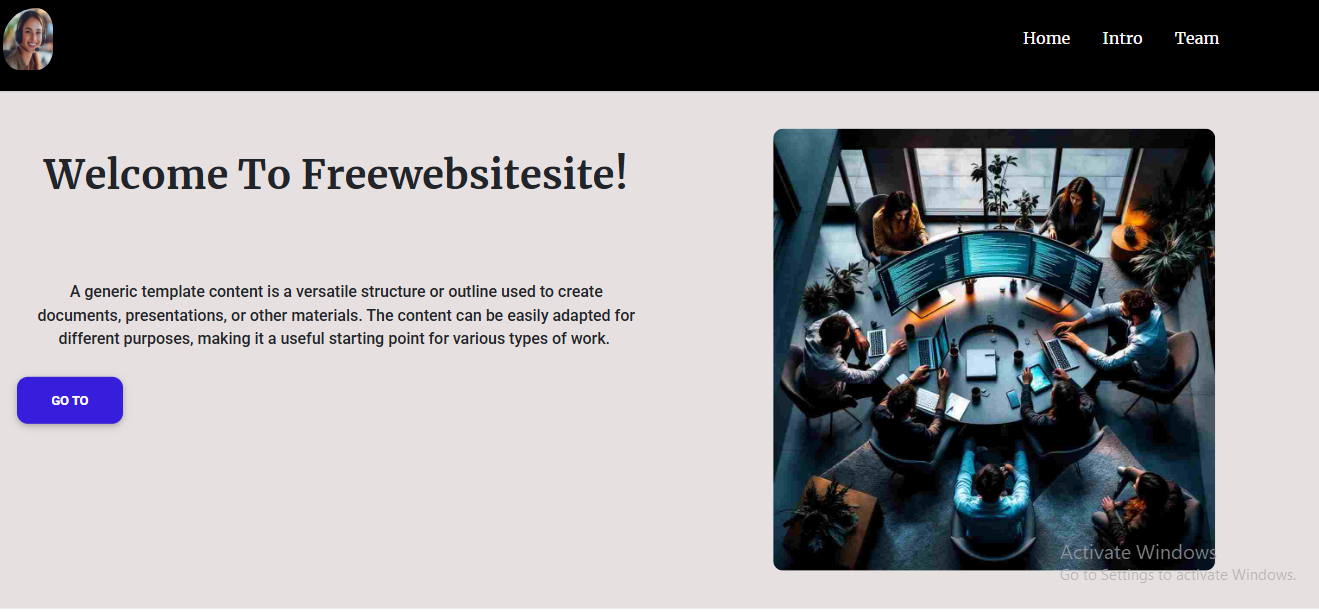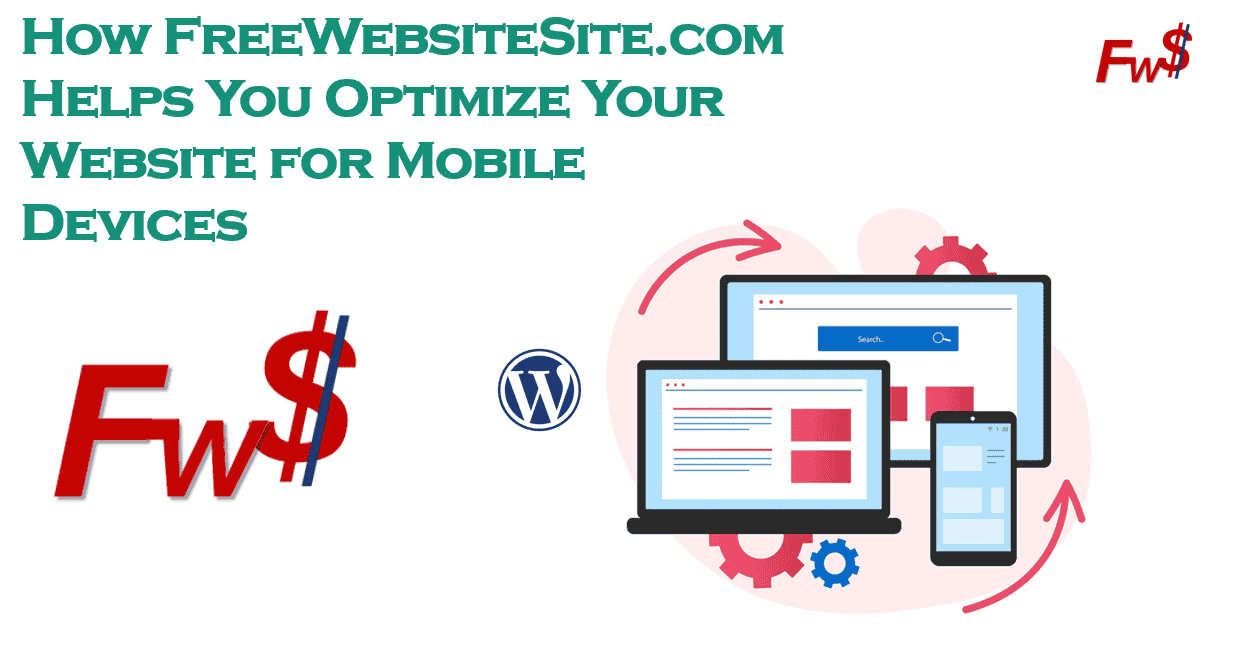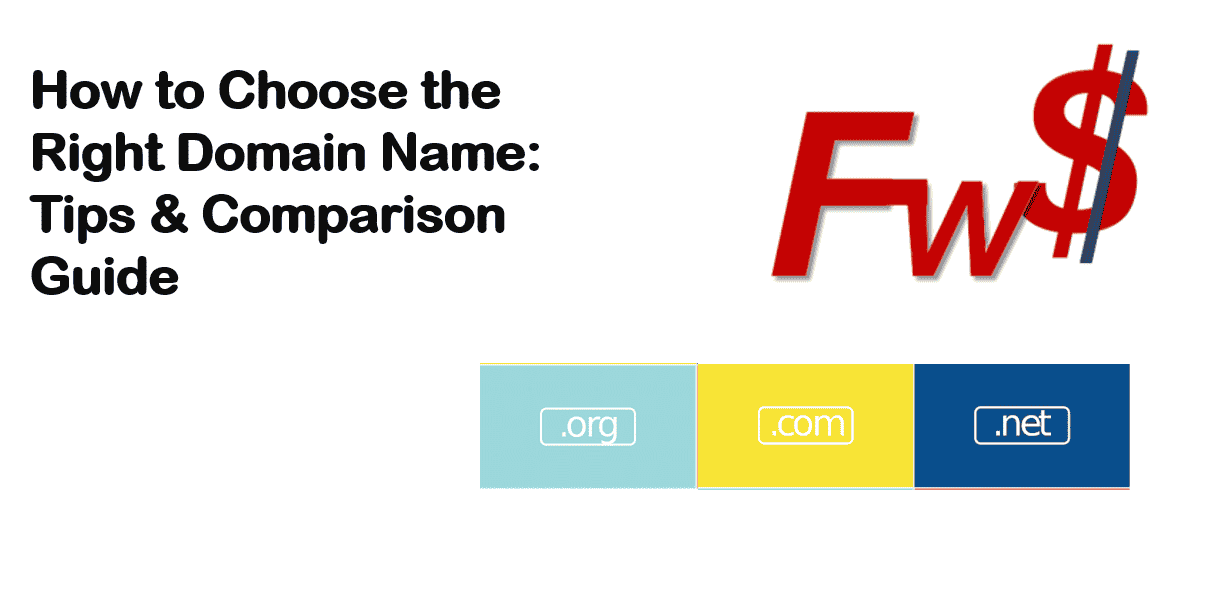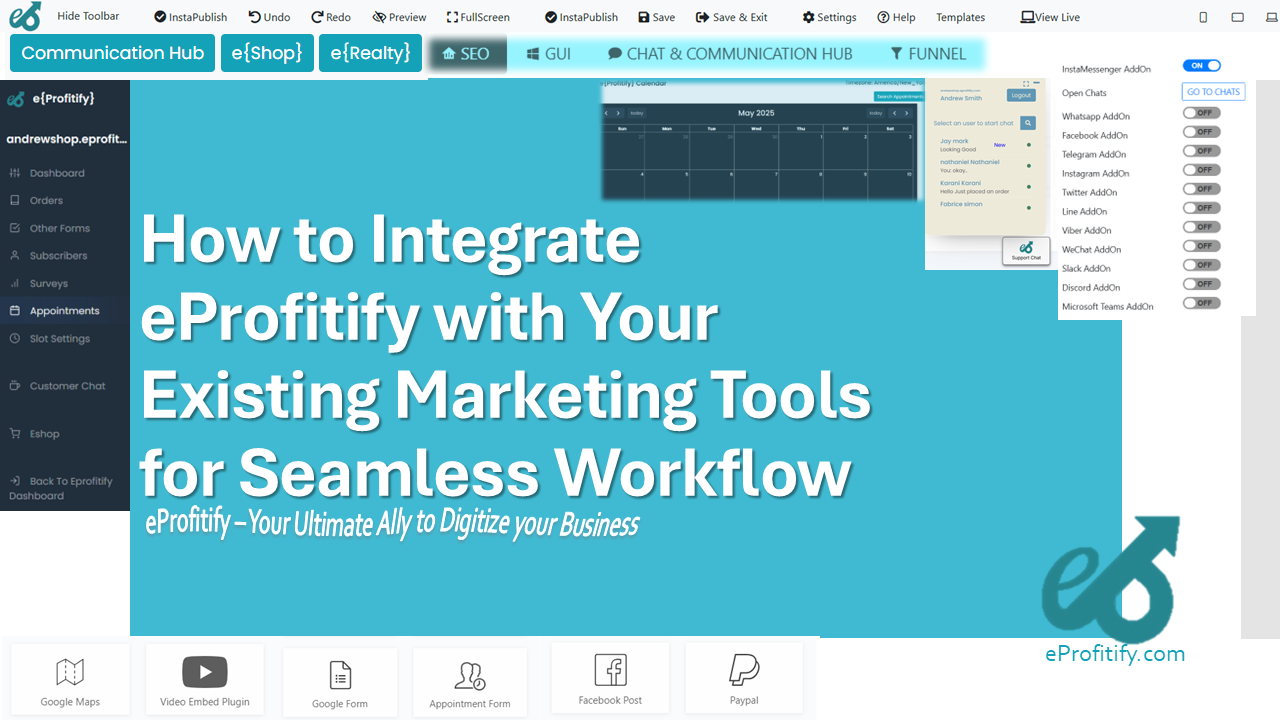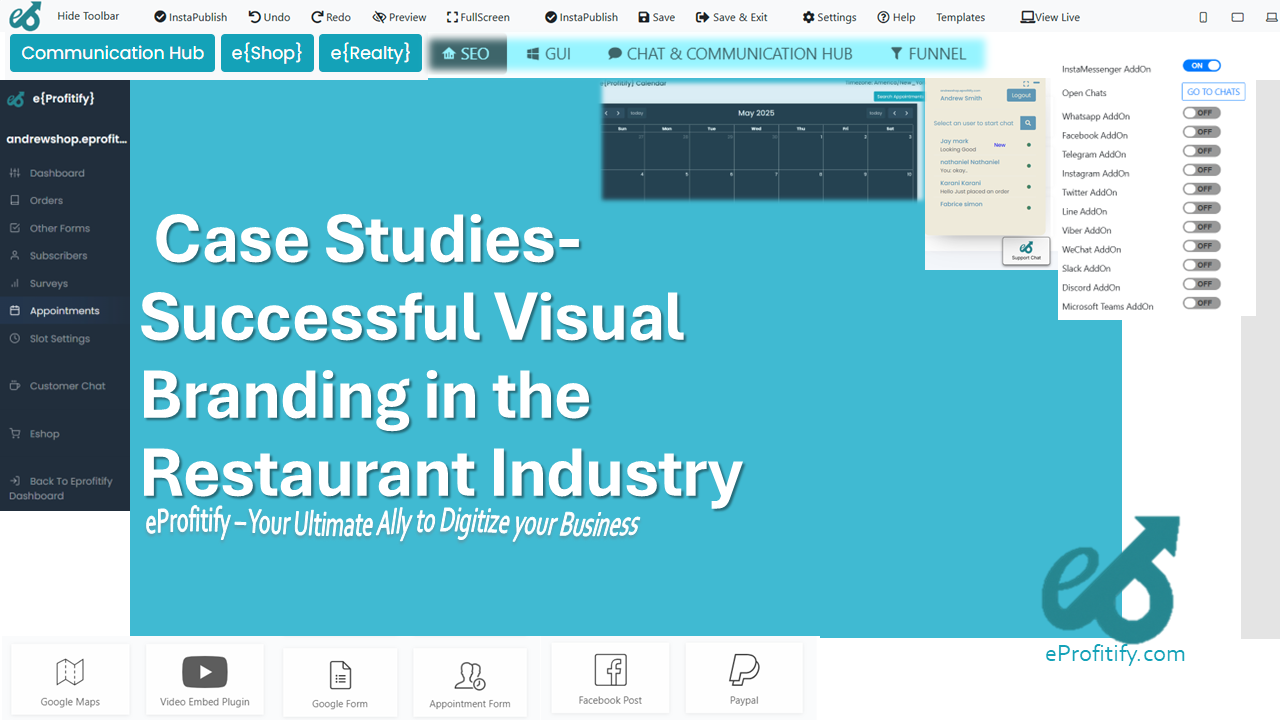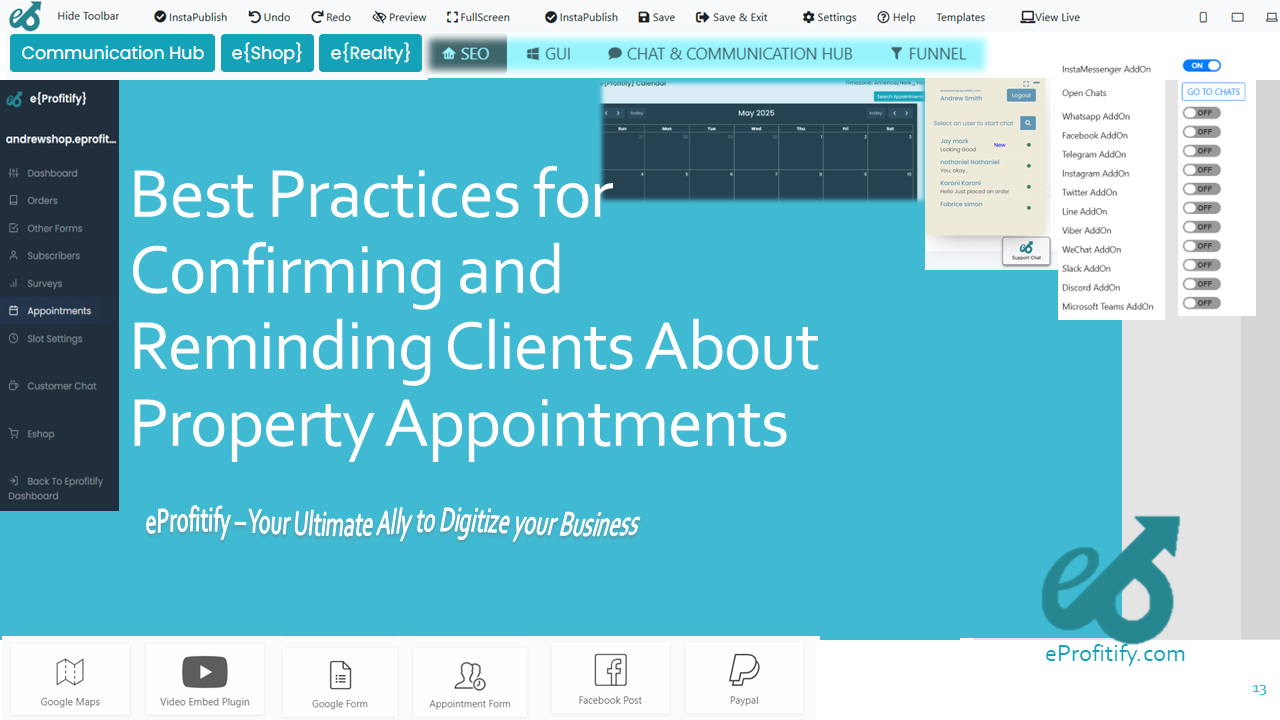How to Provide Value Through Local Market Insights
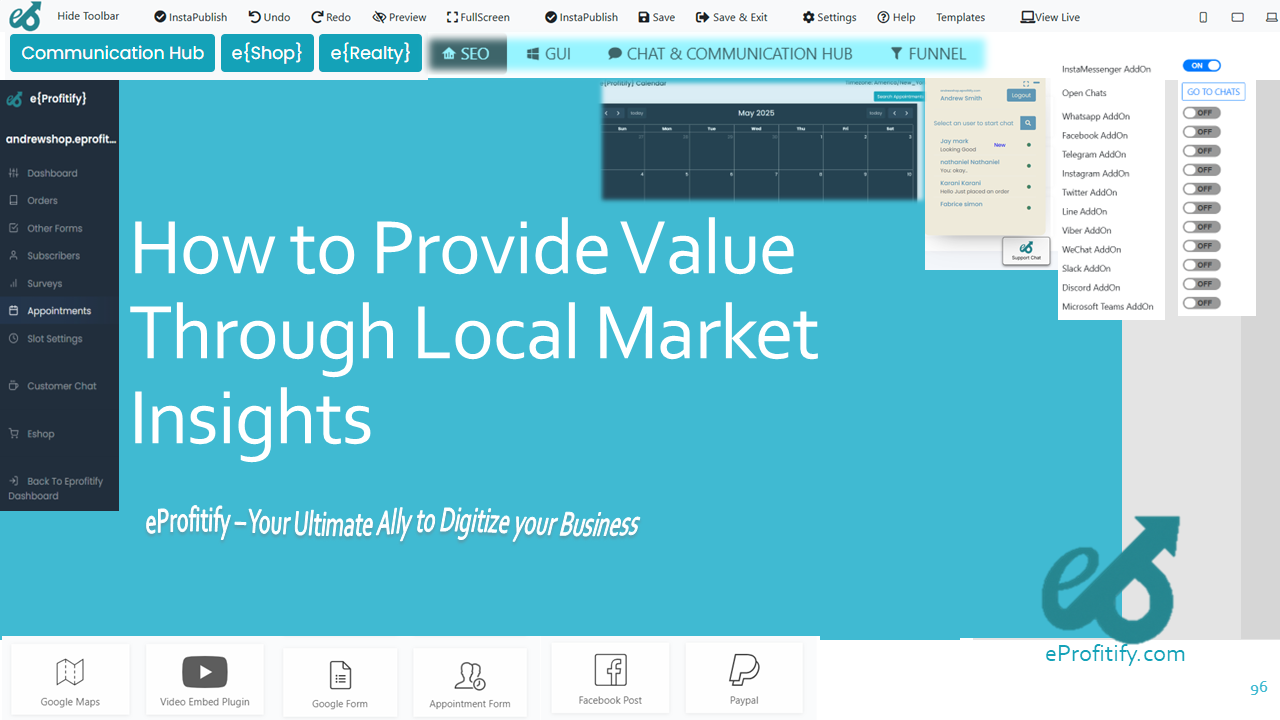
Schedule a LIVE Zoom call with an eProfitify Expert.
How to Provide Value Through Local Market Insights
In today’s hyper-competitive business landscape, understanding local market dynamics is no longer optional—it’s essential. Companies that leverage localized insights gain a significant edge by tailoring their strategies to meet the unique needs of their communities. From small businesses to global enterprises, the ability to interpret and act on local data directly impacts customer acquisition, retention, and revenue growth. This article explores actionable strategies for delivering value through local market insights, supported by relevant statistics, and highlights how eProfitify—a leading website publishing and management platform—empowers businesses to streamline this process through tools like instant messaging, appointment management, eCommerce, CRM, and more.
1. Understanding Local Market Dynamics
Local market insights begin with analyzing demographic, cultural, and economic factors specific to a region. For example:
- Demographics: Age, income levels, and education shape purchasing behavior. A café in a college town might prioritize affordable pricing and late-night hours, while a luxury spa in an affluent area could focus on premium services.
- Cultural Trends: Local festivals, traditions, or seasonal events offer opportunities for targeted campaigns. For instance, a retailer in New Orleans might ramp up Mardi Gras-themed promotions.
- Economic Conditions: Unemployment rates or industry growth can influence spending habits. During economic downturns, businesses might emphasize value-driven offerings.
Statistic: According to Google, searches for “near me” have grown over 250% in the last five years, highlighting the demand for localized solutions.
eProfitify Integration: Platforms like eProfitify simplify data aggregation through CRM tools that track customer interactions and preferences. Businesses can segment audiences by location, enabling hyper-targeted marketing campaigns.
2. Competitive Intelligence: Know Your Neighborhood
Local competitors often dictate market standards. Analyzing their strengths and weaknesses helps businesses differentiate themselves. Tactics include:
- SWOT Analysis: Assessing competitors’ product quality, pricing, and customer service.
- Review Monitoring: Online reviews on Google My Business or Yelp reveal pain points. If competitors lack delivery options, introducing a fast local delivery service could capture market share.
Statistic: BrightLocal reports that 87% of consumers read online reviews for local businesses, with 73% trusting them as much as personal recommendations.
eProfitify Integration: Use eProfitify’s social listening and instant messaging tools to gather real-time feedback and respond swiftly to customer concerns, building trust and loyalty.
3. Leverage Technology for Localized Engagement
Technology bridges the gap between businesses and communities. Key tools include:
- Local SEO: Optimizing for “near me” searches and location-specific keywords.
- Geo-Targeted Ads: Platforms like Facebook Ads allow businesses to target users within a 10-mile radius.
- Mobile Optimization: 58% of all website visits come from mobile devices (Statista, 2023), necessitating mobile-friendly interfaces.
Statistic: 46% of Google searches seek local information, and 76% of mobile users visit a business within 24 hours of a local search (Google).
eProfitify Integration: With built-in SEO tools and mobile-responsive website templates, eProfitify ensures businesses rank higher in local searches. Its eCommerce module supports location-based promotions, such as free shipping for nearby customers.
4. Offer Hyper-Localized Products and Services
Personalization drives consumer loyalty. Examples include:
- Seasonal Offerings: A bakery introducing pumpkin spice treats during fall.
- Community Partnerships: Collaborating with local farms or artisans to source ingredients/materials.
Statistic: A Square report found that 85% of consumers prefer shopping locally for personalized experiences.
eProfitify Integration: The platform’s inventory management and appointment scheduling tools allow businesses to align offerings with local demand seamlessly. For instance, studios can use eProfitify’s booking system to launch seasonal fitness classes.
5. Build Relationships Through Community Engagement
Local businesses thrive on community trust. Strategies include:
- Sponsorships: Supporting school events or sports teams.
- Social Responsibility: Initiatives like recycling programs or charity drives.
- In-Person Events: Workshops, markets, or pop-up shops.
Statistic: 82% of consumers want brands to support community causes (Edelman Trust Barometer).
eProfitify Integration: Use the platform’s email marketing and CRM features to invite local customers to events, track RSVPs, and nurture long-term relationships.
6. Data-Driven Decision Making
Analytics transform raw data into actionable strategies. Metrics to track:
- Foot traffic trends (via POS systems).
- Website analytics for local visitors.
- Campaign performance by region.
Statistic: Companies using data-driven marketing are 6x more likely to retain customers (Salesforce).
eProfitify Integration: Advanced analytics dashboards consolidate sales, customer, and campaign data, enabling businesses to refine strategies in real time.
Case Study: Local Retailer Success with eProfitify
A boutique in Austin, TX, used eProfitify’s CRM to identify rising demand for eco-friendly products. By launching a localized social media campaign (managed via eProfitify’s scheduler) and offering in-store pickup (via the appointment system), sales increased by 35% in three months.
Conclusion
Local market insights empower businesses to deliver relevance, foster loyalty, and drive growth. By combining demographic analysis, competitive intelligence, and technology, companies can craft strategies that resonate deeply with their communities. Platforms like eProfitify amplify these efforts by offering an all-in-one solution for website management, CRM, eCommerce, and customer engagement. As the marketplace grows increasingly competitive, the ability to act on localized data isn’t just an advantage—it’s a necessity.
Final Statistic: 72% of consumers prioritize businesses that understand their needs (PwC). With eProfitify, gaining that understanding has never been easier.
By prioritizing local insights and leveraging tools like eProfitify, businesses can unlock sustainable success—one community at a time.


